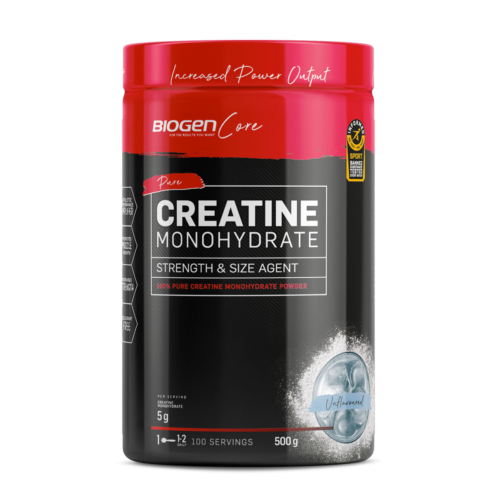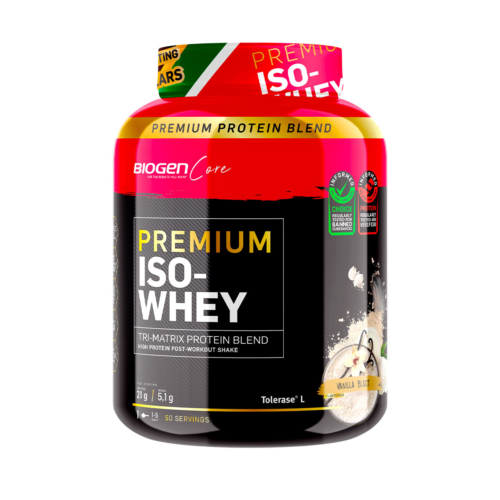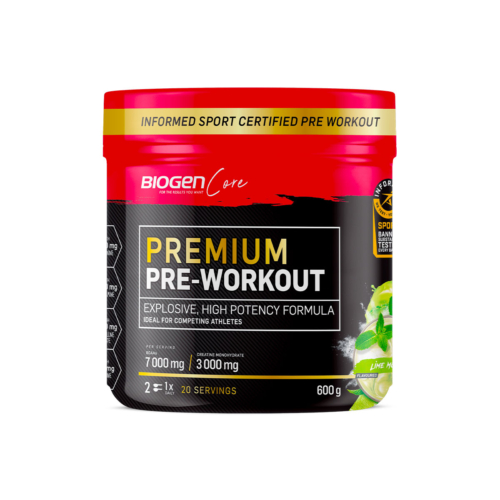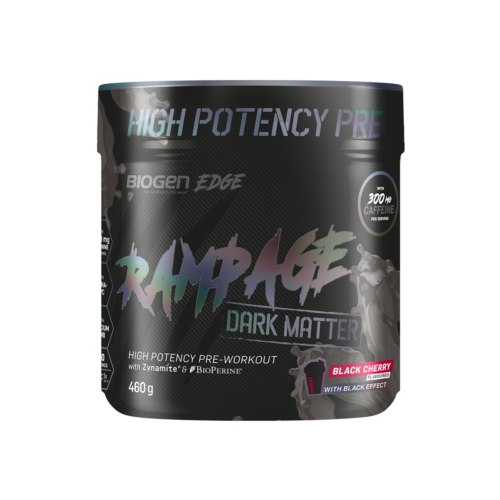
How Cold Weather Conditioning Builds Strength, Focus, and Resilience for the Season Ahead
Every seasoned athlete knows that winter is prime time for boosting your strength and conditioning.
While many use the time as a seasonal slowdown, the colder months offer a golden opportunity to build strength and muscle, ramp up your metabolism, and lay the physical and mental foundation for the remaining performance goals you have for the year.
Solidify your foundation
As more people hibernate and the outdoor events calendar thins out, there are fewer social and sporting distractions. This spare time offers the perfect window to commit to a structured winter off-season training plan and build serious momentum.
The gap between events is the ideal opportunity to solidify your base, prioritising strength training, core work, and mobility.
This is also the time to address weak links – those nagging imbalances and asymmetries that often get overlooked when training for performance or aesthetic goals.
Winter training allows you to include structured work to correct muscular imbalances, and improve joint stability and mobility without the interference of high-volume cardio or sport-specific strain.
Mobility and flexibility work is equally vital in winter, especially as the cold naturally reduces muscle elasticity and joint fluidity. Including dedicated mobility sessions helps you move better, reduces injury risk, and sets you up to train harder and smarter when the intensity ramps up in spring and summer.
Investing time and energy into these foundational elements will pay dividends when it’s time to perform again as the new season rolls around.
Training through winter with a different approach is also a great way to add seasonality to your exercise plan, with a change in structure and load the ideal way to periodise your training to reignite gains.
Winter game plan
Every ideal winter strength development plan should incorporate functional exercises that prioritise compound lifts targeting major muscle groups and foundational movement patterns, like squats, deadlifts, presses, and rows,
A properly structured and periodised winter program must also include accessory work, mobility, and recovery.
Strengthen your core with exercises like planks, Russian twists, and balance work to support overall movement and prevent injuries.
Include 10–15 minutes of mobility work pre- and post-session, and dedicate 1 full session per week to deeper mobility, stretching, and bodyweight stability work.
Exploit the recovery benefits
Training through winter can also offer additional benefits that may help to support better strength gains.
For instance, a 2023 study¹ found that people tend to get more sleep and spend more time in REM during winter compared to the summer.
As sleep is vital to support recovery and adaptations to training, getting an extra 30-90 minutes of sleep a night can help support better gains in the colder months, with the right training.
Supplement support
Strategic supplements support recovery, energy, and performance while training indoors during the winter off-season.
Creatine monohydrate is a tried-and-true supplement for strength, endurance, and recovery.
A product like Biogen Creatine Monohydrate helps you push harder and recover faster, which makes it especially useful in winter strength cycles. Aim for 3–5g daily, ideally post-workout or with a carb-rich meal.
The shorter daylight hours and longer sleep cycles can leave you feeling a bit sluggish, which is where a quality pre-workout can boost your winter training benefits.
A product with beta-alanine, L-citrulline, caffeine and creatine, like Biogen Premium Pre-Workout can boost energy levels and deliver explosive power and muscular endurance.
If you need a stronger kick for greater focus and drive, look for products like Biogen Rage Rampage Dark Matter, which contains nootropics like Alpha GPC to boost mental sharpness and ignite a relentless drive to improve.
When you’ve finished that final rep, mixing up a Biogen Premium Iso-Whey protein shake is a smart move for anyone focusing on strength gains during the off-season.
Whey protein provides a high-quality, fast-digesting source of complete protein, rich in essential amino acids — especially leucine, which is key for muscle protein synthesis. This is particularly important during winter strength blocks as heavy weightlifting can cause more muscle breakdown, requiring more focused nutritional support.
Time to level up
Winter isn’t the time to wind down — it’s the time to level up. By embracing the structure, focus, and consistency of strength and conditioning in the colder months, you’ll enter spring not only fitter and stronger but mentally sharper and more resilient.
References:
- Seidler A, Weihrich KS, Bes F, de Zeeuw J and Kunz D (2023) Seasonality of human sleep: Polysomnographic data of a neuropsychiatric sleep clinic. Front. Neurosci. 17:1105233. doi: 10.3389/fnins.2023.1105233.

















